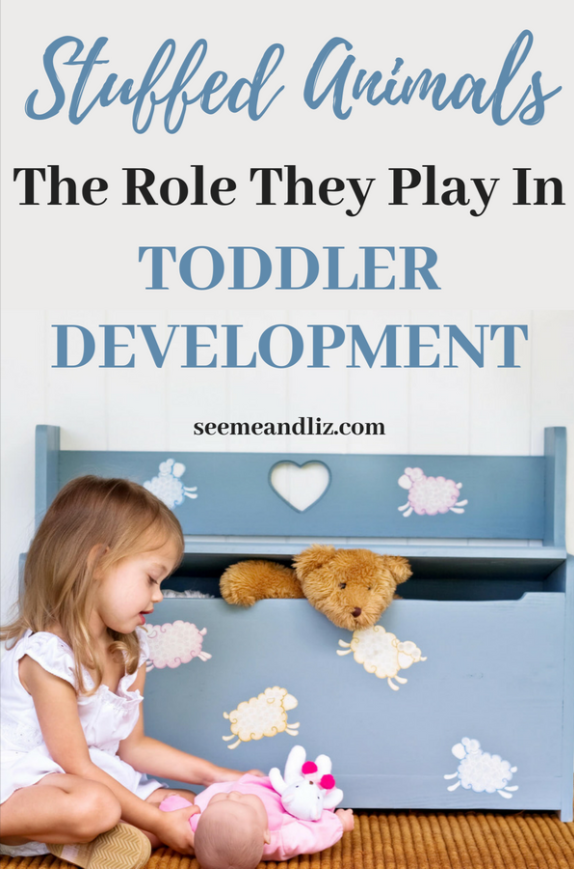Language Development Milestones
Babies, toddlers and children go through various stages as they develop language.
Here is a list of milestones to give you an idea of what to look for as your child grows.
Please remember that these are averages. If you have any concerns, please speak with a Speech-Language Pathologist.
You can also find more information on the Resources page.
Birth to 6 months
– Turns head toward a sound
– Startles to loud and sudden sounds
– Watches speaker’s face
– Smiles and laughs in response to a speaker’s smile and laugh
– May cough or make other early sounds (e.g. “ah”, “eh”, “boo”)
6-12 months
– Responds to own name
– Responds to familiar sounds (e.g. phone ringing, door bell)
– Understands “no”
– Uses gestures to express basic wants (e.g. lifts arms to be picked up)
– Plays social games (e.g. peek-a-boo)
– Babbles and repeats sounds (e.g. “ba ba ba”, “da da da”)
– Follows simple one-step directions (e.g. “sit down”) – closer to 12 months
– Looks at what you point to
– Uses 2-3 words (may not be clear) – around 12 months
– Uses some gestures in social situations (e.g. waves “bye”, shakes head for “no”, blows kiss)
– Gets adult’s attention using sounds, gestures and pointing while making eye contact
– Brings toys to show you
– “Performs” to get attention and praise
– Around 12 months, uses a wide variety of sounds and combinations to imitate speech (e.g. “abadabuhdee”)
– Interested in simple picture books
12-18 months
– Understands basic concepts “in” and “out”, “on” and “off”
– Can point to a few body parts when asked (e.g. nose, eyes, ears, mouth, hair, hands, feet, tummy)
– Uses about 20 words (around 18 months)
– Answers simple questions with words and/or gestures (e.g. “where’s the ball”, “what’s that?”)
– Demonstrates early pretend play (e.g. gives doll a drink, feeds teddy bear)
– Uses at least 4 different consonant sounds (e.g. b, p, m, n, d, v, h)
– Enjoys reading and looking at simple books with an adult
– Points to pictures with one finger
18-24 months
– Follows 2-step directions (e.g. “get the ball and give it to Daddy”)
– Uses at least 2 pronouns (e.g. “mine”, “me”, “you”)
– Uses more than 100 words (by 24 months)
– Combines words consistently into 2+ word phrases (e.g. “daddy shoes”, “car go up”)
– Enjoys playing and talking with others
– Begins offering toys to peers and imitates actions/words of peers
– Holds books right side up and turns pages
– “Reads” aloud, imitating reading
– About 50-60% of speech understood by unfamiliar listeners
24-36 months
– Understands differences in meaning (e.g. “go-stop”, “in-on”, “big-little”)
– Enjoys listening to books for longer periods of time
– Has a word for almost everything
– Speech is becoming more understandable (by 3 years, 75% of speech should be understood by an unfamiliar listener)
3 to 4 Years
– Hears when you call them from another room
– Listens to TV/Radio at same loudness level as others
– Recognizes 2-3 colors (e.g. red, blue, green)
– Recognizes a few basic shapes (e.g. square, circle, triangle)
– Tells small stories using approximately 4 sentences
– Unfamiliar listeners understand approximately 90% of child’s speech (by age 4)
– Answers simple questions (e.g. “who is coming over?”, “where is the ball?”, “what is that?”)
– Asks “when” and “how”
– Starts making basic rhymes (e.g. “hat-cat”, “mitt-sit”)
– Uses more pronouns including “I, you, me, we and they”
– Uses some simple plurals (e.g. birds, shoes, trees)
– Majority of sentences contain 4+ words
I definitely haven’t covered everything here, but this should give you a general idea about the stages infants, toddlers and children go through with regards to language development. I also haven’t covered the stages beyond the age of 4. There is a wealth of information online if you are looking for language development after the age of 4.




